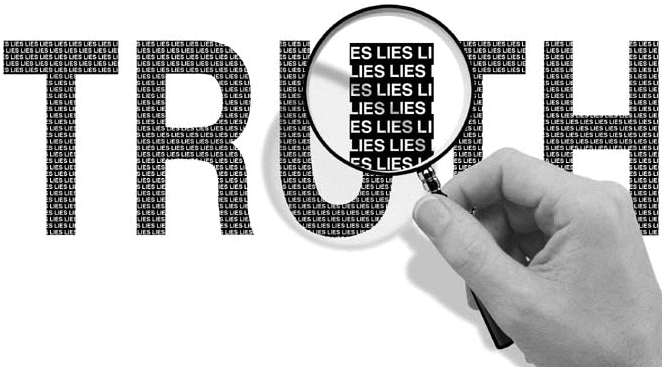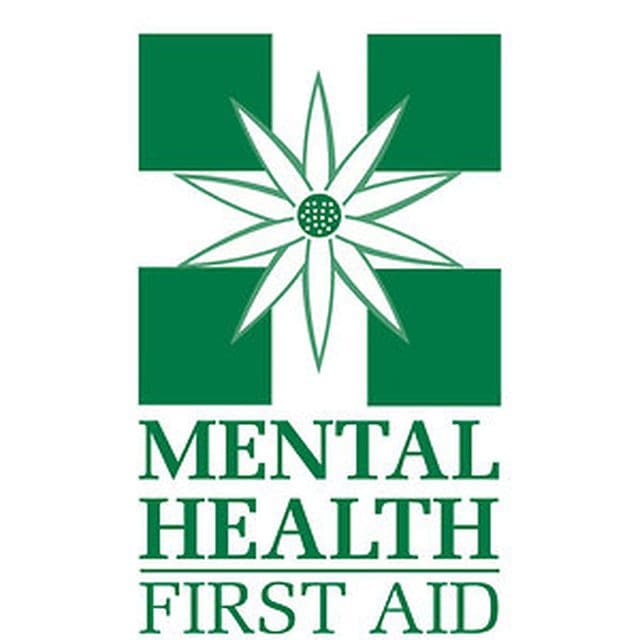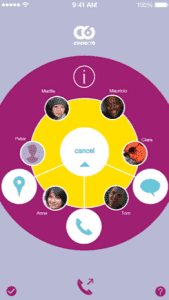
Inside Our Minds
March 23, 2018 in LINKS
Insideourminds.org is a website that features personal interviews with people who have mental health diagnoses. It also includes a podcast and a community where people can connect with peers.
is a website that features personal interviews with people who have mental health diagnoses. It also includes a podcast and a community where people can connect with peers.
Here are some excerpts:
“My Illness is My Responsibility”
I think what a lot of people don’t understand about recovery is that it is hard work. I had to spend years working at this stuff to get to where I am. I worry that some people conceive of recovery as you do something, then it’s a switch flip. Suddenly you’re better! No, it’s more like… I remember reading this book about the difference between good swimmers and great swimmers. It’s not really raw talent, but rather the accumulation of many small behaviors. How long you can hold your breath, the angle of your legs, the aerodynamics of your body. All these slight alterations to do better. Recovery is similar: changing all of these small habits, then seeing an improvement.
“Battling With My Mind”
Sometimes I read Inside Our Minds interviews… and I’m like, “My problems are nothing compared to those things… Why do I even stress about this?” But, then I realize that none of it is in my control. I get perspective… how it can really get bad. It reminds me that I’m actually happy with what I have… and that’s what’s most frustrating. I know the solution to the problem, but I can’t just focus on that. My mind is constantly battling with itself.
These are just a few interviews with individuals sharing their ups and down, knowing they are imperfect (as all humans are) and laying out their experiences in the hopes it might help someone going through something similar. In a way it is displaying how we all have to work through and deal with different problems but at the end of the day we are all just people trying to live the best lives we can.
If someone were interviewing you about your experiences, what would be important for them to know? Check out Inside Our Minds and tell us what you think!


 Have you ever clicked the “Like” button on a post that you didn’t really like or care about, just to make sure you were part of a group?
Have you ever clicked the “Like” button on a post that you didn’t really like or care about, just to make sure you were part of a group?





 Getting help for symptoms of depression can be tough. Sometimes it might feel like an easier way would be just seeing if it goes away on its own. There are good reasons not to wait.
Getting help for symptoms of depression can be tough. Sometimes it might feel like an easier way would be just seeing if it goes away on its own. There are good reasons not to wait.






Recent Comments